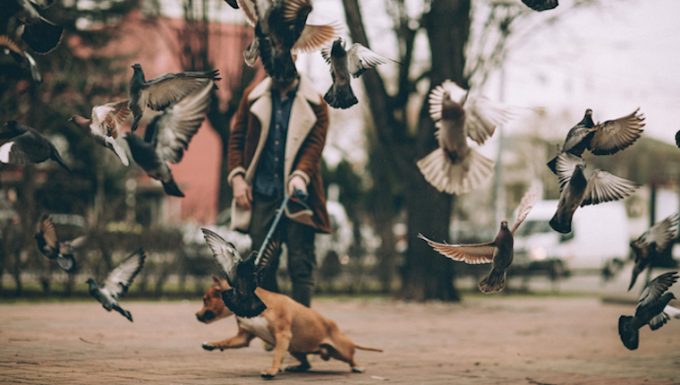Cryptococcosis in dogs is a fungal infection. The condition is caused by a type of yeast that is found in bird poop and rotting vegetation.
Technically, the name of the yeast is Cryptococcus.
In general, dogs living in southern California are most prone to being exposed to the yeast.
Unfortunately, while the condition can be rare,…









